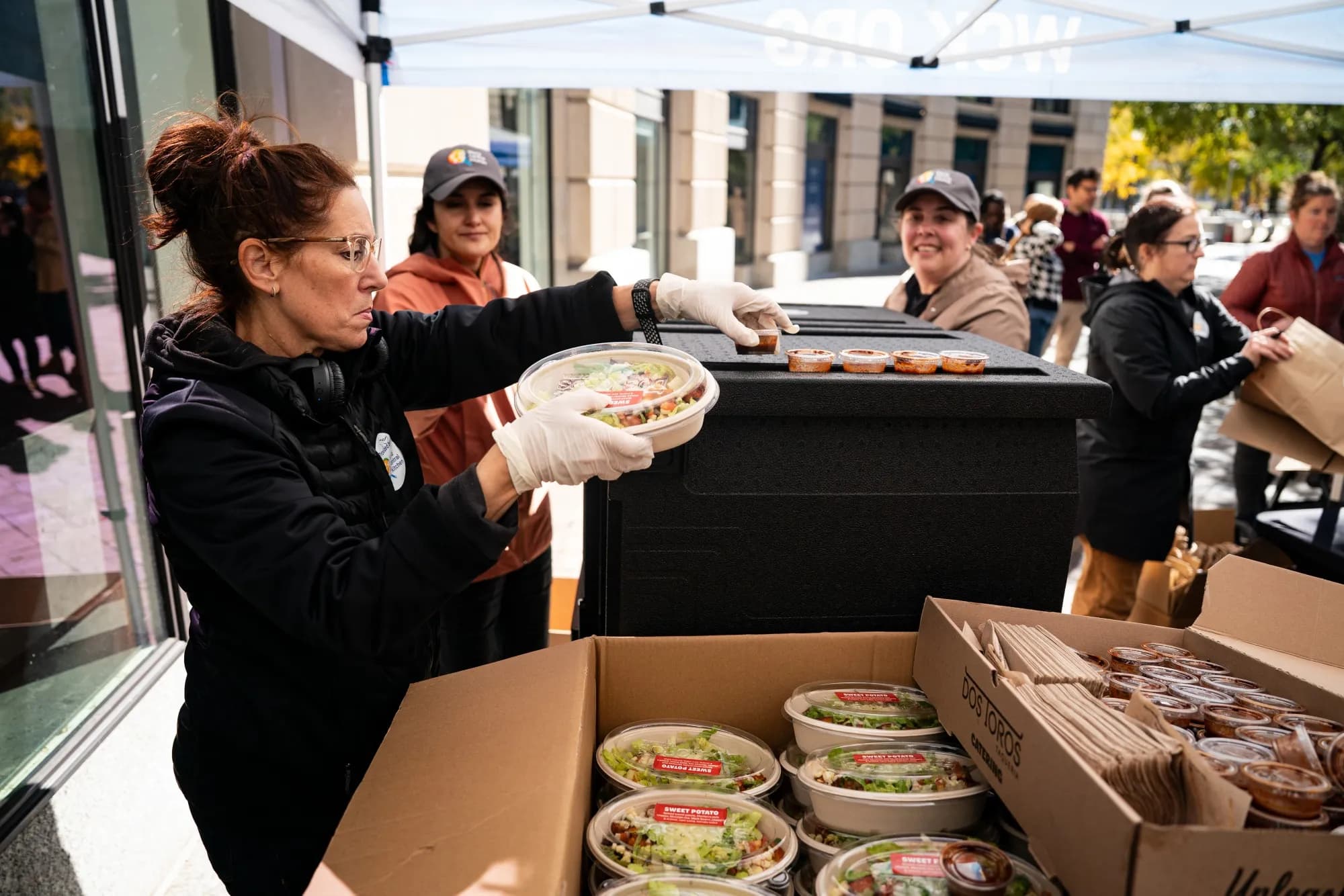We're loading the full news article for you. This includes the article content, images, author information, and related articles.
The historic 2018-2019 US government shutdown revealed the vulnerability of social safety nets to political disputes, offering crucial lessons on economic stability and social welfare for Kenya.

WASHINGTON D.C. – In an unprecedented move during the longest government shutdown in United States history, the Trump administration was compelled by federal court orders to utilize emergency reserve funds to issue partial food assistance benefits to approximately 42 million Americans. The crisis, which unfolded between December 22, 2018, and January 25, 2019, highlighted the severe real-world consequences of political gridlock and carried significant global economic implications, including for Kenya.
The 35-day shutdown stemmed from a bitter political impasse between the White House and Congress over budget appropriations. This led to a lapse in funding for numerous federal agencies, including the U.S. Department of Agriculture (USDA), which administers the Supplemental Nutrition Assistance Program (SNAP), commonly known as food stamps. SNAP is a cornerstone of the American social safety net, providing crucial nutritional support for low-income individuals and families.
As the shutdown dragged into January 2019, threatening to halt the distribution of February's benefits, the USDA devised a workaround. Relying on a provision in the just-expired funding resolution, the agency instructed states to issue February's SNAP benefits early, by January 20, to avoid a complete lapse. This action, while preventing an immediate hunger crisis, created an unusually long gap of up to 50 days before the next payment, straining household budgets.
The situation was so dire that it led to legal challenges. Federal judges in Massachusetts and Rhode Island ultimately ordered the administration to prepare to use its contingency funds to ensure benefits would not be entirely cut off, a measure the administration had initially resisted. This legal pressure forced the government to acknowledge its ability to tap into billions of dollars in reserve funds to make at least partial payments.
While the immediate crisis was domestic, the shutdown sent ripples of uncertainty through the global economy. Protracted political instability in the world's largest economy can weaken investor confidence, cause currency volatility, and disrupt international trade and diplomacy. For Kenya, these effects are tangible. A volatile U.S. dollar can increase the cost of imports and the burden of servicing foreign-denominated debt.
Furthermore, the shutdown directly impacted the operations of U.S. agencies crucial to Kenya. The U.S. Agency for International Development (USAID), a key partner in Kenya's health, education, and food security sectors, was forced to furlough thousands of staff and suspend many operations. This disruption threatened to delay the disbursement of funds for vital development programs and humanitarian aid across the country. The political paralysis also risked stalling important trade negotiations, including a potential successor to the African Growth and Opportunity Act (AGOA), which is critical for Kenyan industries like textiles.
The American SNAP crisis serves as a powerful case study on the importance of insulating social protection programs from political disputes. Kenya has significantly expanded its own social safety nets through the National Safety Net Programme (NSNP), which includes cash transfers for orphans, the elderly, and persons with severe disabilities, as well as the Hunger Safety Net Programme (HSNP). As of 2019, these programs supported an estimated five million people in vulnerable households, backed by substantial government financing.
The U.S. experience underscores the need for robust and independent funding mechanisms for such essential services. Unlike the annual congressional appropriations that left SNAP vulnerable, Kenya's programs are often supported through multi-year government commitments and partnerships with international bodies like the World Bank. However, the American shutdown is a reminder that any social welfare system can be jeopardized when its operational funding becomes a bargaining chip in political battles. Ensuring the continuity and reliability of these payments is paramount to preventing millions from falling deeper into poverty.
Ultimately, the 2019 SNAP crisis was averted, but its lessons remain. It demonstrated how quickly political dysfunction can threaten the well-being of a nation's most vulnerable citizens and create economic instability that reaches far beyond its borders, impacting partners like Kenya.
Keep the conversation in one place—threads here stay linked to the story and in the forums.
Sign in to start a discussion
Start a conversation about this story and keep it linked here.
Other hot threads
E-sports and Gaming Community in Kenya
Active 9 months ago
The Role of Technology in Modern Agriculture (AgriTech)
Active 9 months ago
Popular Recreational Activities Across Counties
Active 9 months ago
Investing in Youth Sports Development Programs
Active 9 months ago